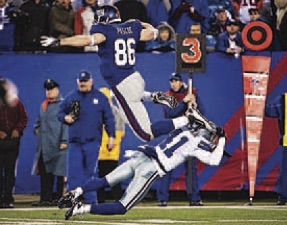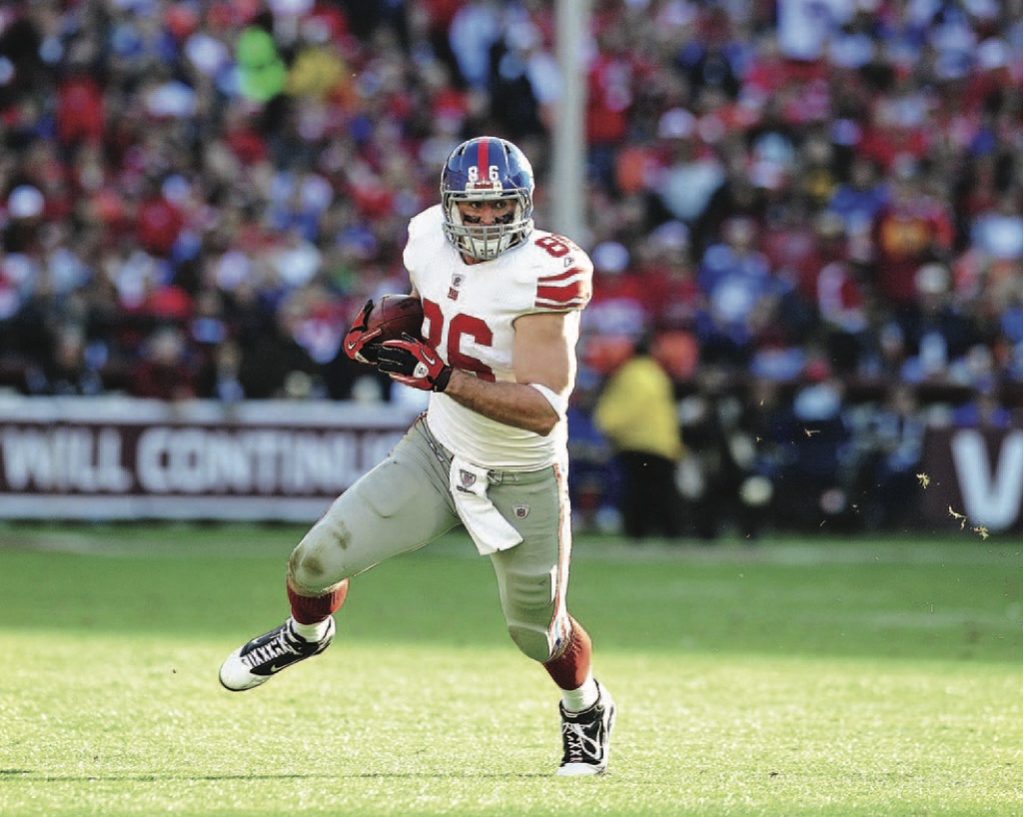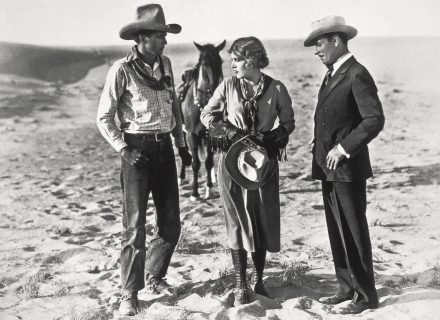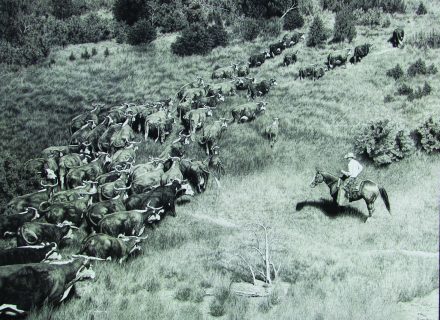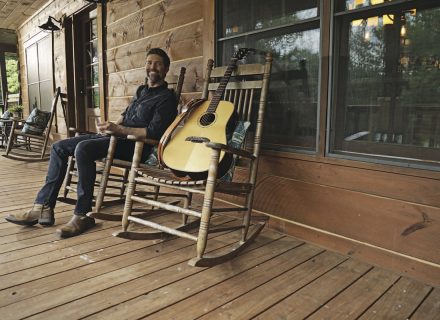When he retired from the NFL, this Super Bowl-winning tight end immediately started working toward his next goal: a rodeo championship.
Bear Pascoe knew he hadn’t played well in his last preseason game. The journeyman tight end only had a few weeks to learn the complex New England Patriots offense, so he understood there was a chance he’d get cut again. When he saw someone from the team’s front office making his way around the locker room the morning after his bad game, Pascoe started packing up his stuff. His career as a professional football player was over.
That was 2016, and by then Pascoe — who’s 6-foot-5 and north of 260 pounds — had been cut by four other teams. Originally drafted in the sixth round out of California State University, Fresno, by the San Francisco 49ers in 2009, he was waived before his first season started. Pascoe signed with the New York Giants and played there for the better part of five seasons, including in Super Bowl XLVI, when he caught four passes in a 21–17 victory over the Patriots.
But then he’d bounced around the league for a few years. He played a season in Atlanta, then signed a one-year deal with Chicago before getting cut at the end of training camp. He signed with the Detroit Lions and played a few games with them at the end of the 2015 season.
Pascoe remembers the New England coaches wishing him well, then putting him on a plane heading home to the Central Coast of California within a few hours. That night, he was in his father-in-law’s rodeo arena, wrestling steer with local college kids.
“I always knew when I was done with football, I’d dive into rodeo. So when I saw them practicing, I just put on my boots and joined them.”
By then he’d been married to his wife, Katie, for three years, but they’d been together for seven. He says early on in their relationship he told her that he had two dreams in life: winning a Super Bowl and winning a National Finals Rodeo steer-wrestling title. Now he’s working on that second dream.
On the day we talk, Pascoe has been working at his wife’s family’s ranch near San Luis Obispo. He woke up early this morning to feed the horses and clean some horse pens. Then he pushed a heavy trencher through a pasture where he wants to add a sprinkler line. From the highest point on the property, you can see the nearby beach and ocean, but Pascoe doesn’t go down there often. Most of his time is spent here, working and practicing.
He grew up not far away, the son of a ranch foreman in California’s Central Valley. (His given name is McKenna, but people have called him Bear most of his life.) He had chores to do each morning, before he went to school. Then more chores when he got home each afternoon.
“My childhood wasn’t any different than any ranch kid,” he says. “Working hard right next to grown men, learning how to really work, that gave me the work ethic to succeed on the football field.”
When he was a boy, he competed in local team-roping events, but as he grew bigger and stronger, he knew playing football could get him a college scholarship. He played quarterback in high school and switched to tight end at Fresno State, where he still holds records for both most touchdown receptions in a game and most field goals blocked in a career.
He played 85 games as a pro, regularly battling future hall of fame linebackers and defensive ends. None of it came easy, but he studied tape relentlessly, practiced hard consistently, and persisted even when he faced major career setbacks. Meanwhile, rodeo was always in the back of his mind.
When his NFL days were done, Pascoe turned to his father-in-law, John W. Jones Jr., for coaching. Both Jones and his father, J.W. Jones, are rodeo legends — and world champion steer wrestlers. Pascoe started working his ground game, his technique in the arena. A few months later, in early 2017, the former tight end jumped his first steer — and he took a rough tumble. By his third or fourth attempt, though, Pascoe was able to catch the steer and throw him down. By the end of that year, he was competing in rodeos. The next year, he entered more, even winning an event in Reno, Nevada, with a $95,220 prize.
He says that, like football, steer wrestling comes down to technique. As valuable as his size and strength might be, bulldogging is more about style and instinct in the moment: “You get out there and trust that technique to take over.”
Of course, in football practice, you can slow down a play. A coach can walk a player through a block or a route step-by-step, then drill those motions over and over until the whole thing becomes ingrained, second nature. You can’t do that with a live steer.
“You can’t ask a steer to stand still as you figure out the best way to turn its head,” Pascoe says.
The mental preparation is also similar: “You know that the work period leading up to that point, you’ve done everything you can,” Pascoe says. “So you can just go out there and react, go have fun with it.”
As with his football career, there have been setbacks in his pursuit of a steer-wrestling championship. Plenty of rodeos where he took chances that didn’t pay off. And just like he did in his football career, Pascoe has persevered. He says his wife — a champion barrel racer herself — is his biggest fan, and his father-in-law keeps him focused.
“Johnny is good about reminding me not to overthink things,” Pascoe says. “He keeps everything simple.”
Pascoe knows that not everything will go his way. Cowboying, like so many other things in life, takes work. There are no shortcuts to success. So, after talking for an hour or so about his journey from ranch kid to Super Bowl champion to professional steer wrestler, Pascoe has to go. He has more horse pens to clean.
Photography: Images courtesy Bear Pascoe
From our January 2021 issue.









